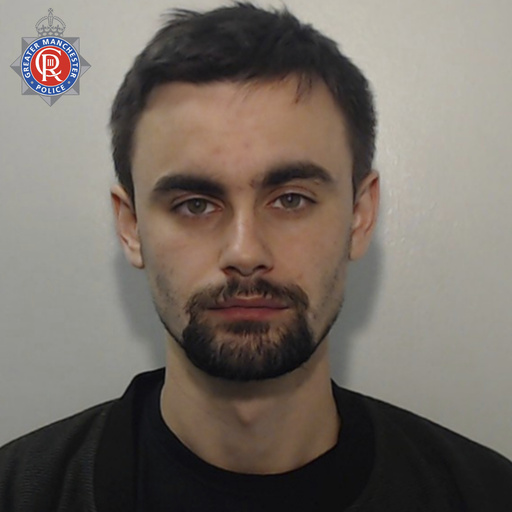
LONDON — A 27-year-old man from Britain has been sentenced to 18 years in prison for utilizing artificial intelligence to fabricate images depicting child abuse.
The sentencing of Hugh Nelson followed his guilty plea to various sexual offenses, which included producing and distributing inappropriate images of children, as well as distributing “indecent pseudo photographs” of minors. Additionally, he acknowledged that he had encouraged the rape of a child.
Nelson was found to have taken commissions from individuals in online forums, crafting custom explicit representations of children being subjected to both sexual and physical harm.
Authorities from Manchester, located in northern England, reported that he employed AI software developed by a U.S.-based company named Daz 3D, which possesses an “AI function” that allows for the generation of such distressing images. He sold these images to online purchasers while also distributing some for free. The police noted that this case marks a significant milestone for their online child abuse investigation unit.
Daz 3D responded by stating that their licensing terms for the Daz Studio 3D rendering software strictly forbid its use for creating images that breach child pornography or child sexual exploitation laws, or that could be harmful to minors.
The company condemned any misuse of its software for these purposes and expressed commitment to enhancing measures to prevent such misuse, while also emphasizing their readiness to assist law enforcement as required.
During the court proceedings at Bolton Crown Court, near Manchester, it was revealed that Nelson, who holds a master’s degree in graphics, had also used real children’s photographs in some of his AI-generated art.
Judge Martin Walsh stated that while it was challenging to ascertain whether any children were sexually abused due to his images, Nelson had the intention of inciting others to commit acts of child rape and was completely unaware of the potential use of his work.
Having no prior convictions, Nelson was arrested last year. He disclosed to police that he had connected with individuals who shared similar interests online and subsequently began creating images for profit.
Prosecutor Jeanette Smith expressed deep concern outside the court regarding Nelson’s ability to take ordinary photographs of children, manipulate them using AI tools, and produce highly disturbing images to distribute online.
This case emerged from an investigation focused on artificial intelligence and child sexual exploitation, raising significant questions about existing legislation. Police highlighted that the manner in which Nelson utilized computer programs is so novel that it does not explicitly fall under current U.K. law.
The situation reflects comparable initiatives by U.S. authorities attempting to address the alarming rise of child sexual abuse imagery generated by artificial intelligence, which ranges from altered photos of genuine children to explicit representations of virtual, computer-generated children. Recently, the Justice Department initiated what is believed to be the first federal case concerning entirely AI-generated imagery, indicating a growing awareness and legal challenge regarding this emerging technology.
